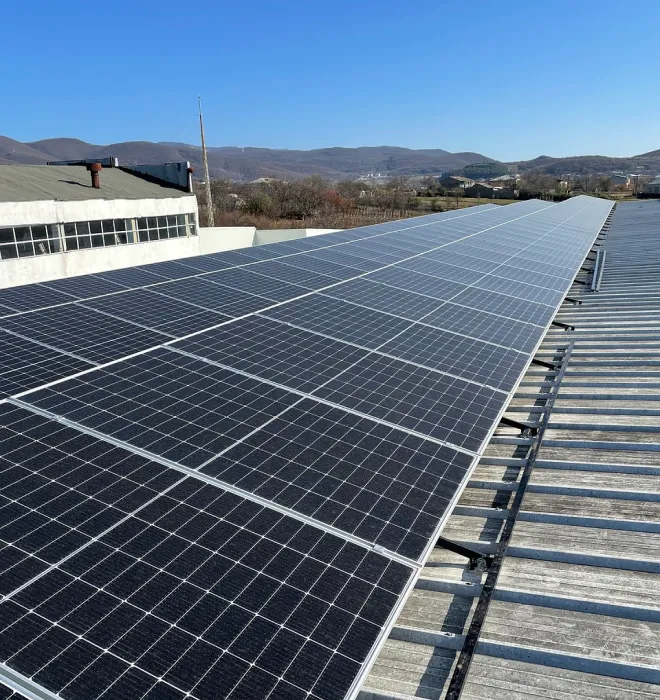

Before diving into the technicalities, start by assessing your energy needs. Look at your electricity bills from the past year to understand your average monthly consumption. This will give you a rough idea of how much power you need to generate with your solar panels. Residential Solar Panels come in different capacities, so knowing your energy requirements will help you choose the right system size.
The condition and orientation of your roof play a crucial role in the efficiency of your solar panels. Here are some factors to consider:
Residential Solar Panels come in various types, each with its advantages and disadvantages:
The inverter is a crucial component of your solar panel system as it converts the DC electricity generated by the panels into AC electricity that your home can use. There are three main types of inverters:
Installing a solar panel system is a significant investment, but various financing options can make it more affordable:
Government incentives and rebates can significantly reduce the cost of installing solar panels for residential buildings. Check with local, state, and federal programs for any available incentives. Novasys Greenergy can assist you in navigating these options to maximize your savings.
Solar panels require minimal maintenance, but regular cleaning and inspections ensure they operate efficiently. Some systems come with monitoring software that allows you to track your energy production and consumption in real-time. Novasys Greenergy offers comprehensive maintenance and monitoring services to keep your system running smoothly.
Choosing a reputable installer is crucial for a successful solar panel installation. Novasys Greenergy, a leader in the industry, provides high-quality solar panels for residential buildings and professional installation services. Our team of experts will guide you through every step of the process, ensuring your system is tailored to your specific needs and installed to the highest standards.
Choosing the right solar panel system for your residential building involves careful consideration of your energy needs, roof condition, panel types, inverter options, financing, and maintenance. By partnering with Novasys Greenergy, you can ensure a seamless transition to solar energy, enjoying the benefits of reduced electricity bills and a smaller carbon footprint. Start your journey towards sustainable living today with Novasys Greenergy.